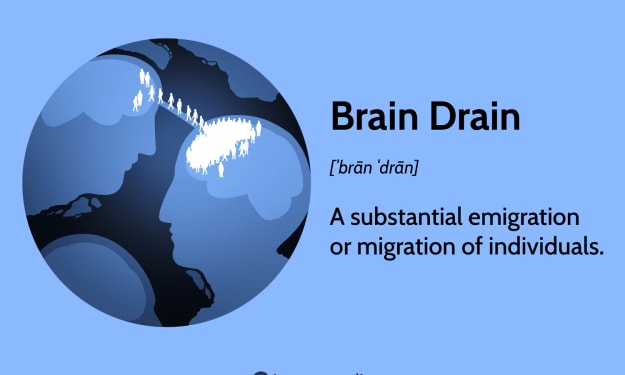How voice over help in entertainment
Entertainment

Start writing...Voice over connects the entertainment world by providing a crucial element to various types of media such as films, television shows, video games, and commercials. Voice actors give life to characters on screen by providing dialogue, emotional depth, and personality. They also provide narration for documentaries, audiobooks, and instructional videos.
Without voice over, media would be less immersive and engaging. It creates a connection between the audience and the content they are watching or listening to. In addition, voice over serves as an essential part of the production process, as it helps to convey the message and enhance the overall storytelling experience.
Moreover, voice over artists are involved in multiple genres, making them a versatile and valuable asset to the entertainment industry. This includes animation, comedy, drama, and more. Through voice over, actors can play any character regardless of age, gender, or appearance, allowing for more creative freedom and diversity in storytelling.
Overall, voice over plays a pivotal role in the entertainment world by providing a way for stories to come to life and creating a deep connection between the audience and the content they consume.Voice over has been around since the early days of radio broadcasting. It was first used to introduce newscasts, provide commentary on events, and to announce sponsors of programs. The early 1900s saw the rise of radio dramas, which relied on voice actors to bring their stories to life and create a sense of realism for the listeners.
With the advent of television in the 1950s, voice over was used to narrate documentaries and educational shows. As the medium evolved, voice over was also used to provide continuity between segments and commercials. The 1960s saw the use of voice over in animated cartoons, where it was necessary to create characters' personalities and dialogue purely through voice.
In the 1970s, home video technology brought about a new era of media consumption, which relied heavily on voice over. Narration became essential for instructional videos, as well as for commercials and movie trailers. The rise of digital media in the 1990s and 2000s brought about further opportunities for voice over work, with voice actors providing narration for video games, websites, and apps.
Today, voice over is integral to the entertainment industry, used in animation, films, TV shows, commercials, and more. Its evolution from a simple narration tool on the radio to a key component of numerous forms of media has been fueled by advances in technology and an ever-increasing demand for compelling storytelling.Yes, voice over is a profitable and essential part of the entertainment industry. The use of voice actors can enhance the storytelling experience and make the content more engaging for the audience.
Voice over can be found in various forms of entertainment, including films, television shows, video games, and commercials. In the film industry, voice actors are often used to dub over dialogue for foreign markets, and to provide the voices for animated characters. In television, voice over is used to narrate documentaries and provide continuity and commentary for news and current affairs programming.
Video games also heavily rely on voice over, with voice actors often providing the dialogue and personality for characters. Additionally, radio commercials, TV commercials, and online commercials, all depend on voice over to deliver their messages.
As the demand for content and media continues to grow, the need for voice over will only increase, leading to more opportunities for voice actors to make a profitable career in the entertainment industry.Yes, the voice over industry creates employment opportunities for a variety of professionals, including voice actors, directors, producers, engineers, and casting directors. These professionals can work in various subfields of entertainment, including film, television, video games, and advertisement.
Voice actors are an essential part of the industry, bringing life to animated characters, dubbing over foreign language dialogue, narrating documentary films and other content, and producing spoken word content like audiobooks and podcasts.
Directors and producers manage voice actors, ensure quality control of recordings, and oversee production schedules. Engineers manage the technical aspects of recording the audio and ensuring the sound quality is high. Casting directors find and audition voice actors for roles in animated films, TV series, commercials, and other media.
In addition to these roles, the voice over industry also offers employment opportunities for writers, editors, and marketers. Writing and editing services are required for the development of scripts and other spoken audio content. Marketers need to create promotional material for voice over professionals and their projects.
In conclusion, the voice over industry creates numerous jobs, and is an important component of the entertainment industry. The demand for voice-related media continues to grow, leading to an increased need for professionals skilled in various aspects of voice over production.





Comments
There are no comments for this story
Be the first to respond and start the conversation.